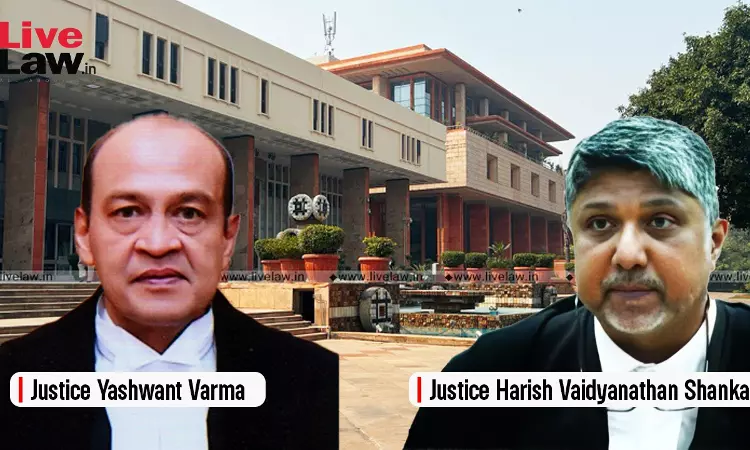The Delhi High Court has interpreted the Supreme Court's decision in Union of India v. Rajeev Bansal to elucidate the time period surviving under Section 149 of the Income Tax Act, 1961 for issuing reassessment notices.A division bench of Justices Yashwant Varma and Harish Vaidyanathan Shankar concluded that the period between 20 March 2020 to 30 June 2021 would be excluded from limitation,...

